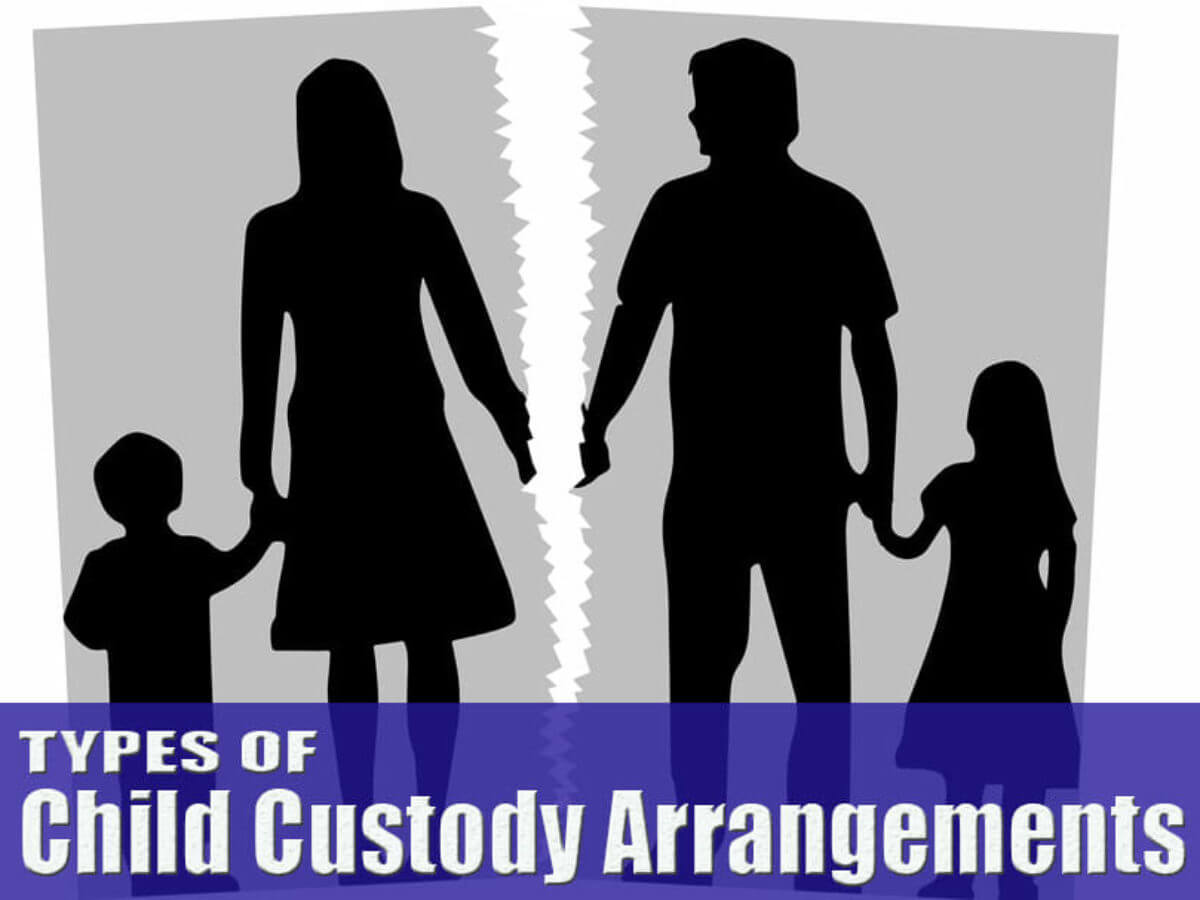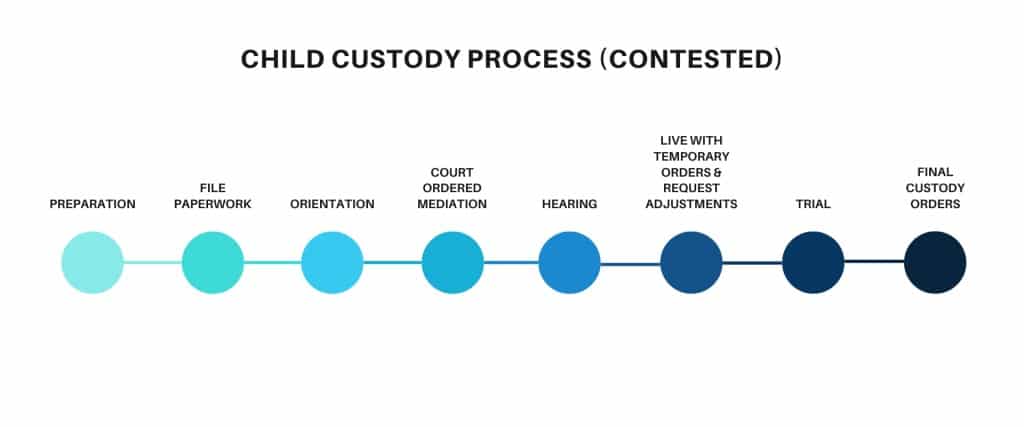Child Custody Laws in Vietnam: What Parents Need to Know
The issue of child custody can be one of the most emotionally charged and complex aspects of divorce proceedings. Understanding the legal framework governing child custody in Vietnam is essential for parents seeking to protect their children’s welfare and ensure their rights are upheld.
1. Legal Framework for Child Custody in Vietnam
In Vietnam, child custody laws are primarily governed by the Law on Marriage and Family 2014 and the Civil Code 2015. These laws establish key principles regarding the custody and care of children in the context of divorce and separation.
Key Principles:
- Best Interests of the Child: The court’s primary consideration in all custody matters is the best interests of the child, which encompasses physical, emotional, and developmental needs.
- Parental Rights: Both parents have equal rights concerning their children, regardless of marital status. This equality can influence custody decisions and arrangements.

2. Types of Custody
Custody arrangements in Vietnam can generally be categorized into two types:
- Legal Custody: This refers to the right to make important decisions about the child’s life, including education, health care, and religious upbringing. Legal custody can be shared between both parents or awarded to one parent.
- Physical Custody: This pertains to where the child physically resides on a day-to-day basis. Physical custody can also be shared (joint custody) or sole, depending on the circumstances.

3. Factors Considered by Courts in Custody Decisions
When determining custody arrangements, Vietnamese courts consider several factors, including:
- Child’s Age and Needs: Younger children may be given primary care to their mothers, especially in the case of infants, while older children’s preferences may also be considered.
- Emotional Ties: The existing emotional bond between the child and each parent is crucial. Courts look for which parent has been the primary caretaker and the child’s comfort level with each parent.
- Parent’s Living Conditions: The court evaluates the living environment each parent can provide, including stability, safety, and resources available for raising the child.
- Parental Behavior: Evidence of domestic violence, substance abuse, or criminal behavior may significantly impact custody decisions, usually resulting in limited or supervised visitation rights.
- Child’s Preference: For children aged 13 and older, courts may seek their opinion on custody arrangements, considering their maturity and ability to understand the implications of their choices.

4. Custody Arrangement Process
The process of establishing custody arrangements in Vietnam typically involves the following steps:
- Negotiation Between Parents: Parents can decide custody arrangements independently through mutual agreement. It is advisable to put any agreements in writing.
- Mediation: If disagreements arise, the court may order a mediation session to help the parents reach an amicable resolution concerning custody and visitation.
- Petition to the Court: If mediation fails, one or both parents may file a petition for custody with the local court. This petition must include relevant documentation and information regarding the child and the requesting parent’s circumstances.
- Court Hearing: A court hearing will be scheduled where both parents can present evidence and arguments regarding custody. The judge will evaluate the case, considering all relevant factors before making a ruling.
- Custody Decision: The court will issue a ruling on custody arrangements, which will be binding unless modified by future legal proceedings.

5. Modifying Custody Arrangements
Custody arrangements can be modified if there is a significant change in circumstances. This could include factors such as:
- Change in employment or living conditions by one parent
- New relationships affecting the child’s well-being
- Changes in the child’s or parents’ needs or circumstances
To initiate modification, a parent must file a petition with the court explaining the reasons for the request. The court will assess whether the proposed changes are in the child’s best interests.

6. Conclusion
Navigating child custody laws in Vietnam requires an understanding of the legal framework and the factors influencing custody decisions. Parents are encouraged to prioritize the best interests of their children and, whenever possible, seek amicable resolutions through negotiation or mediation. Engaging with a knowledgeable family lawyer can provide parents with valuable guidance, ensuring that their rights are adequately represented and that solutions are found that support the children’s well-being. By understanding these laws and processes, parents can better prepare for custody challenges and work towards a positive outcome for their family.
